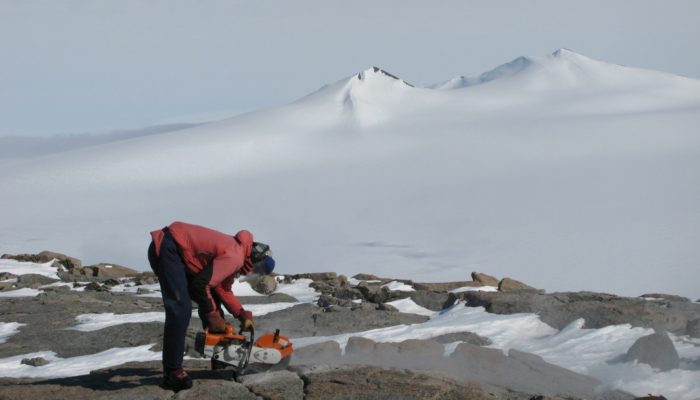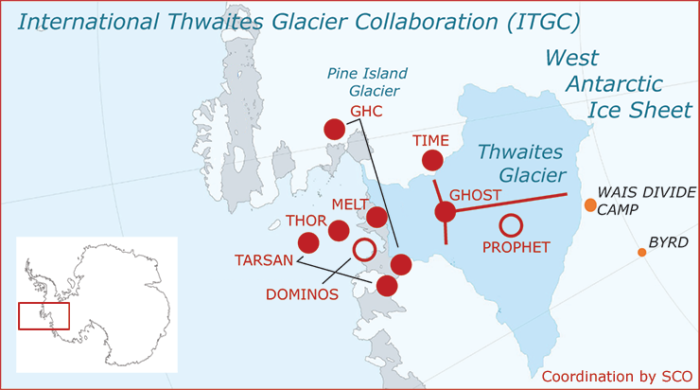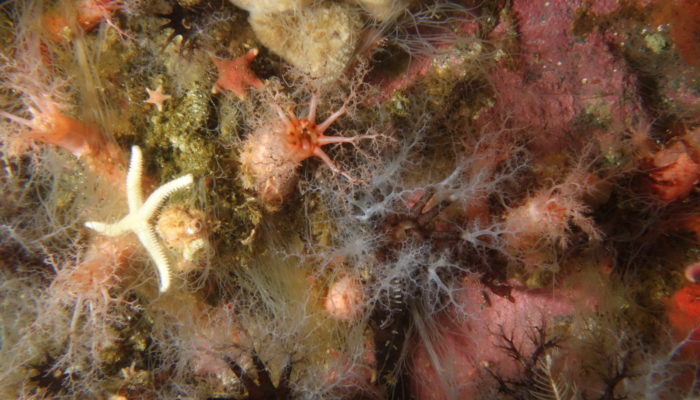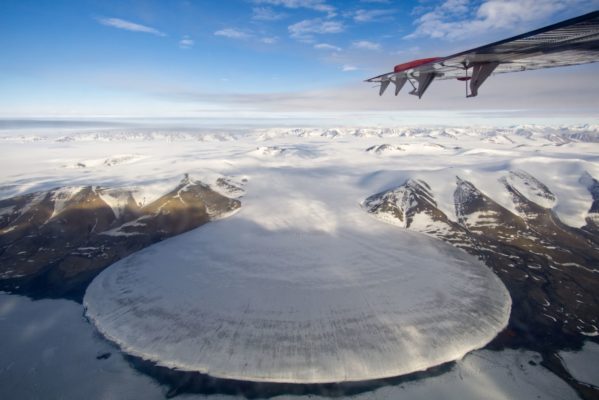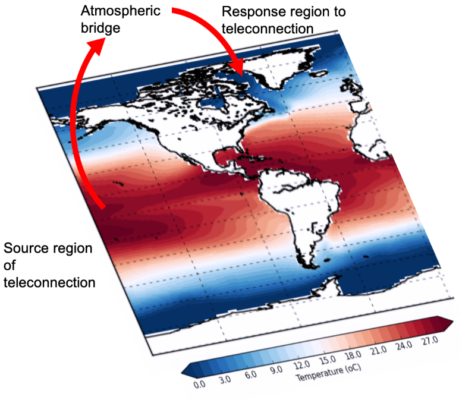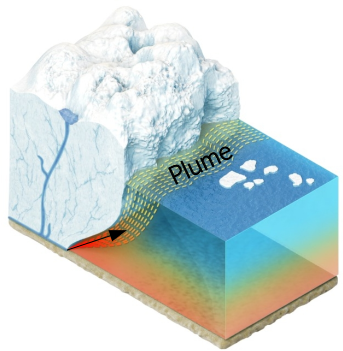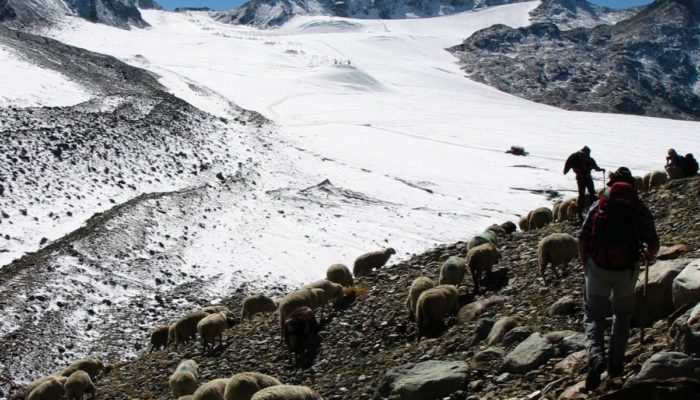When most people hear the phrase “radiocarbon dating”, they think of measuring carbon to date organic material. But did you know that carbon is also produced within rocks, and that we can use it to learn about the past behaviour of a glacier? About 20,000 years ago it was colder and large parts of the continents were covered by ice. But what did Antarctica – the largest ice mass ...[Read More]
Radiocarbon rocks! – How rocks can tell us about the history of an ice sheet…
